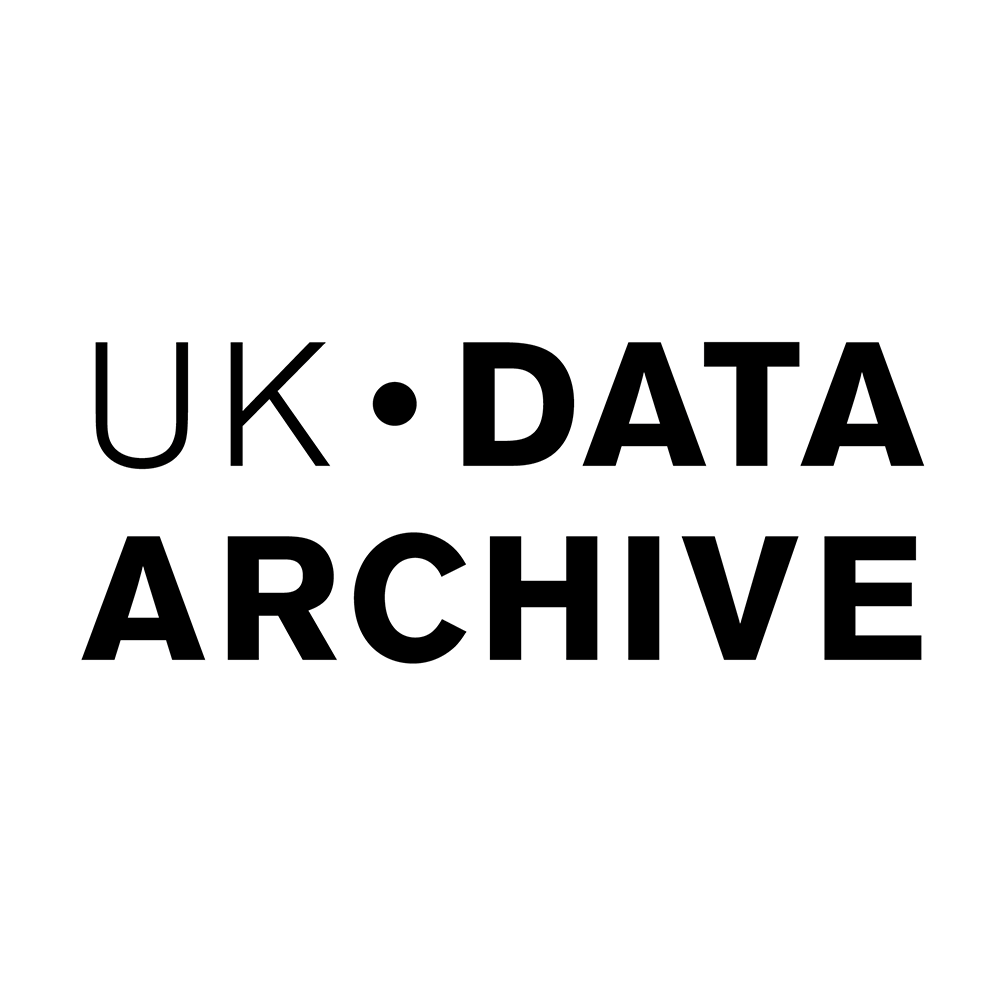Tools in use
We use both community and bespoke tools for workflow management, data processing activities, data acquisition and access and for external and internal communications.
- Data quality control: QAMyData – developed by the UK Data Service, this open source tool can be used to automatically assess and report on elements of quality, such as missingness, labelling, duplication, formats, outliers and direct identifiers. (Free)
- Data quality control: OpenRefine – previously Google Refine, this data manipulation tool is used by the Archive for data cleansing and quality control purposes. It is particularly useful for correcting erroneous text values in tabular data. (Free)
- Numeric data anonymisation: sdcMicro – a practical R package for checking disclosure risk through examining combinations of key variables. (Free)
- Text anonymisation: Text anonymisation helper tool (zip file) – an add-on MS Word macro developed by the UK Data Archive for aiding anonymisation of qualitative data. Available to download as a zip file, with how to install instructions via Wiki. (Free, requires MS Word)
- Encryption: AxCrypt – software for encrypting files or batches of files, and secure file deletion after use. (Free trial)
- File transfer: ZendTo – self-hosted 'Dropbox-like' software, used for secure file drop off including data deposits. (Free)
- Format conversion: StatTransfer – a useful utility for moving between statistical data formats, and supports a very wide range of current software formats. (Priced licensing)
- Encryption: SafeHouse Explorer – allows creation of encrypted volumes including hard drive partitions and USB sticks. (Free)
- Data exploration: Nesstar – a tool for disseminating quantitative data, which includes a user friendly interface for the exploration and analysis of tabular data. (Free)



